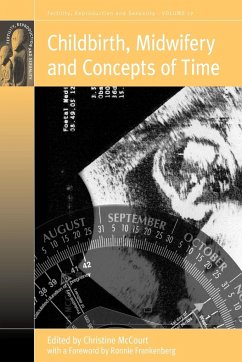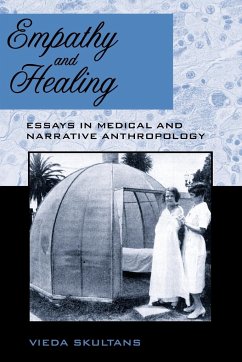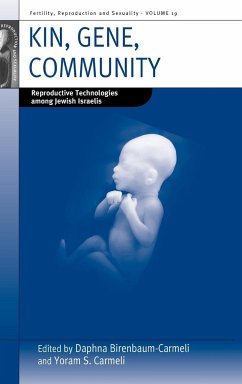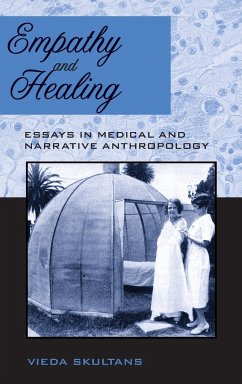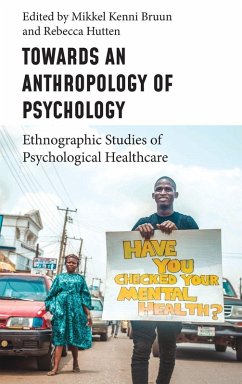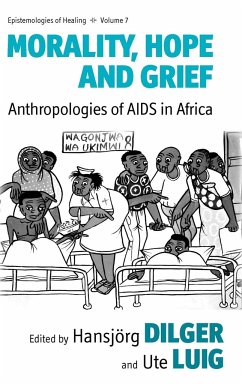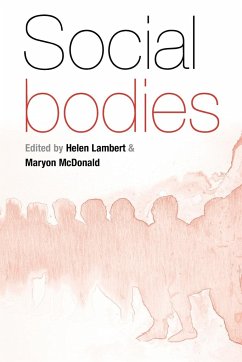
Negotiating Risk
British Pakistani Experiences of Genetics

PAYBACK Punkte
67 °P sammeln!
Drawing on fieldwork with British Pakistani clients of a UK genetics service, this book explores the personal and social implications of a 'genetic diagnosis'. Through case material and comparative discussion, the book identifies practical ethical dilemmas raised by new genetic knowledge and shows how, while being shaped by culture, these issues also cross-cut differences of culture, religion and ethnicity. The book also demonstrates how identifying a population-level elevated 'risk' of genetic disorders in an ethnic minority population can reinforce existing social divisions and cultural ster...
Drawing on fieldwork with British Pakistani clients of a UK genetics service, this book explores the personal and social implications of a 'genetic diagnosis'. Through case material and comparative discussion, the book identifies practical ethical dilemmas raised by new genetic knowledge and shows how, while being shaped by culture, these issues also cross-cut differences of culture, religion and ethnicity. The book also demonstrates how identifying a population-level elevated 'risk' of genetic disorders in an ethnic minority population can reinforce existing social divisions and cultural stereotypes. The book addresses questions about the relationship between genetic risk and clinical practice that will be relevant to health workers and policy makers.




